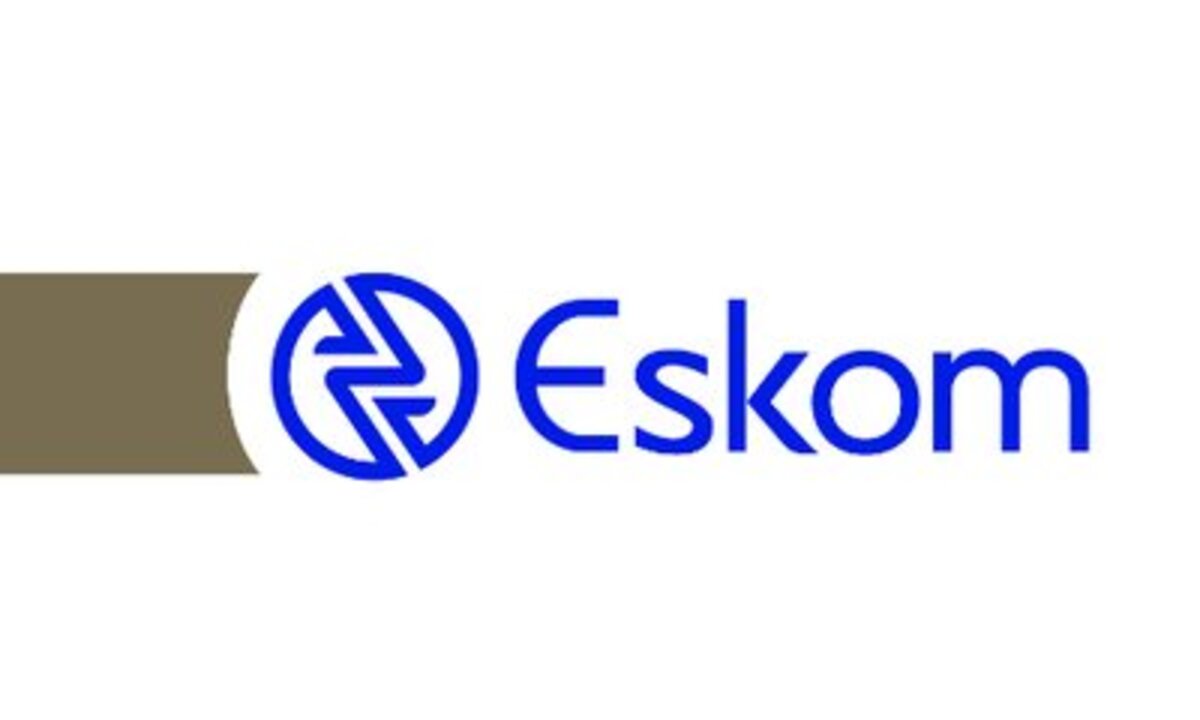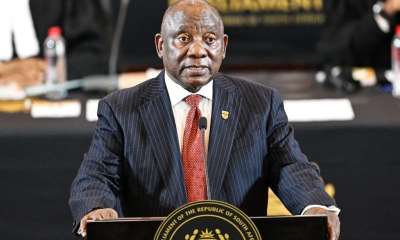News
Eskom’s R16bn plan for a smart meter in every home

Eskom, the state-owned power utility in South Africa, has been grappling with a severe power crisis for years, with regular rolling blackouts and load-shedding affecting millions of households and businesses nationwide. The problem has been exacerbated by ageing infrastructure, lack of investment in new power plants, and mismanagement at the company as reported by the Times Live.
To address the crisis, Eskom has proposed a plan to install smart meters in every home in the country over the next four years. The program, expected to cost at least R16bn, aims to recover more than 7,000MW of generating capacity into the grid through a demand management system. The smart meters will allow consumers to decide when to use electricity based on how much it will cost, and on smart prepaid meters, the amount used will be deducted from a prepaid balance.
Also Read: Power cuts escalated to stage 6 by Eskom
Eskom hopes that the demand management system will help to avoid the need for load-shedding in the future and that load-limiting measures will be used as an alternative if necessary. Under load-limiting, customers will be given a specific amount of electricity. If they exceed that limit, the meter will disconnect them for a set period of time.
While some experts have praised the idea of smart meters, others have raised concerns about the potential flaws in execution. There are also wider issues with the electricity infrastructure in South Africa that need to be addressed, such as the reliance on coal-fired power plants and the need for investment in renewable energy sources. However, the proposed plan to install smart meters is seen as a step in the right direction towards a more sustainable and reliable power supply in the country.
Also Read:
Private producer prevented from reducing load shedding by Eskom
Photo: Twitter / @Eskom Hld SOC Ltd






















